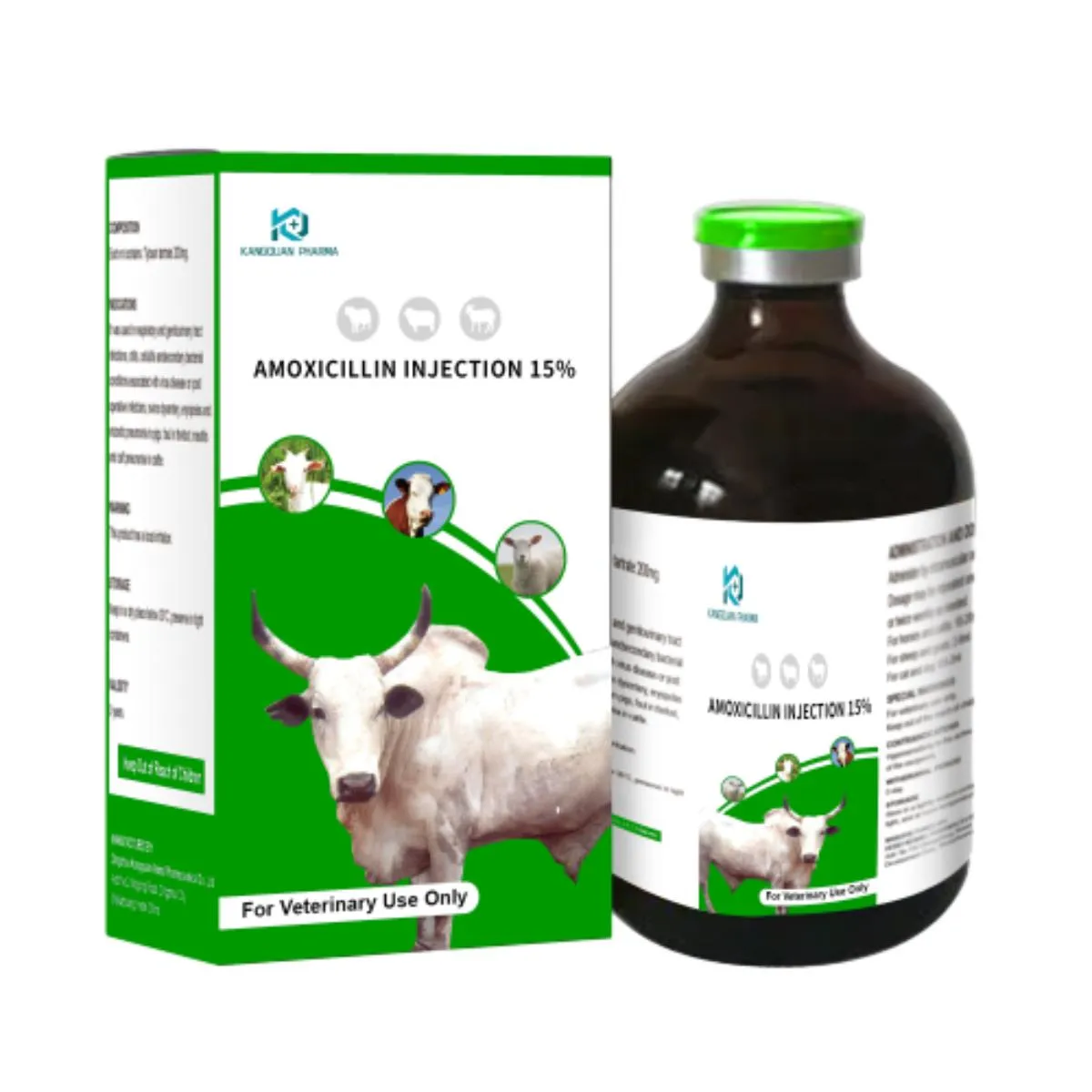- Afrikaans
- Albanian
- Amharic
- Arabic
- Armenian
- Azerbaijani
- Basque
- Belarusian
- Bengali
- Bosnian
- Bulgarian
- Catalan
- Cebuano
- Corsican
- Croatian
- Czech
- Danish
- Dutch
- English
- Esperanto
- Estonian
- Finnish
- French
- Frisian
- Galician
- Georgian
- German
- Greek
- Gujarati
- Haitian Creole
- hausa
- hawaiian
- Hebrew
- Hindi
- Miao
- Hungarian
- Icelandic
- igbo
- Indonesian
- irish
- Italian
- Japanese
- Javanese
- Kannada
- kazakh
- Khmer
- Rwandese
- Korean
- Kurdish
- Kyrgyz
- Lao
- Latin
- Latvian
- Lithuanian
- Luxembourgish
- Macedonian
- Malgashi
- Malay
- Malayalam
- Maltese
- Maori
- Marathi
- Mongolian
- Myanmar
- Nepali
- Norwegian
- Norwegian
- Occitan
- Pashto
- Persian
- Polish
- Portuguese
- Punjabi
- Romanian
- Russian
- Samoan
- Scottish Gaelic
- Serbian
- Sesotho
- Shona
- Sindhi
- Sinhala
- Slovak
- Slovenian
- Somali
- Spanish
- Sundanese
- Swahili
- Swedish
- Tagalog
- Tajik
- Tamil
- Tatar
- Telugu
- Thai
- Turkish
- Turkmen
- Ukrainian
- Urdu
- Uighur
- Uzbek
- Vietnamese
- Welsh
- Bantu
- Yiddish
- Yoruba
- Zulu
Ное . 18, 2024 12:51 Back to list
albendazole oral solution
Understanding Albendazole Oral Solution Uses, Benefits, and Considerations
Albendazole is a broad-spectrum anthelmintic medication widely used to treat various parasitic infections. Its oral solution form offers an effective and user-friendly dosage option, particularly beneficial for pediatric patients or individuals who may have difficulty swallowing tablets. This article explores the uses, benefits, and essential considerations associated with albendazole oral solution.
What is Albendazole?
Albendazole works by inhibiting the polymerization of tubulin into microtubules, which is essential for the survival of parasitic worms. It is effective against a range of parasitic infections, including those caused by nematodes (roundworms), cestodes (tapeworms), and some protozoa. Common conditions treated with albendazole include
1. Neurocysticercosis Infection caused by Taenia solium, which may affect the brain. 2. Echinococcal disease Resulting from Echinococcus granulosus or Echinococcus multilocularis. 3. Ascariasis Infection caused by the large roundworm Ascaris lumbricoides. 4. Trichuriasis Resulting from Trichuris trichiura or whipworm. 5. Hookworm infections and various other intestinal worms.
The Benefits of Oral Solution
The oral solution form of albendazole is particularly valuable for several reasons
1. Ease of Administration The liquid form is easier to ingest, making it an excellent choice for children or individuals who struggle with swallowing pills. This increases adherence to treatment regimes.
2. Flexible Dosing Healthcare providers can adjust the dosage according to the patient’s weight or the severity of the infection, providing a tailored treatment approach.
albendazole oral solution

3. Rapid Absorption The oral solution can be absorbed quickly by the body, allowing for faster action against the parasites.
Dosage and Administration
The dosage of albendazole oral solution depends on several factors, including the specific infection being treated, the patient’s age, and their body weight. For most infections, a single dose may be sufficient, while others might require multiple doses over a few days. It is crucial for patients to follow medical advice regarding dosages closely to ensure effective treatment and minimize potential side effects.
Side Effects and Considerations
While albendazole is generally well-tolerated, it may cause side effects in some individuals. Common side effects include nausea, abdominal pain, headaches, and dizziness. Rare but severe side effects can include liver toxicity or bone marrow suppression. It's essential for patients to report any adverse reactions to their healthcare provider promptly.
Furthermore, albendazole may interact with other medications and is contraindicated in certain conditions such as pregnancy, especially during the first trimester, unless the benefits outweigh the risks.
Conclusion
In summary, albendazole oral solution is a valuable tool in the fight against parasitic infections, offering a practical and effective treatment option for both children and adults. Its ease of use, flexible dosage, and rapid action make it a preferred choice in many healthcare settings. As with any medication, it is important for patients to work closely with their healthcare provider to determine the most appropriate course of treatment. By understanding its uses and potential side effects, patients can better manage their health and tackle parasitic infections effectively.
-
Guide to Oxytetracycline Injection
NewsMar.27,2025
-
Guide to Colistin Sulphate
NewsMar.27,2025
-
Gentamicin Sulfate: Uses, Price, And Key Information
NewsMar.27,2025
-
Enrofloxacin Injection: Uses, Price, And Supplier Information
NewsMar.27,2025
-
Dexamethasone Sodium Phosphate Injection: Uses, Price, And Key Information
NewsMar.27,2025
-
Albendazole Tablet: Uses, Dosage, Cost, And Key Information
NewsMar.27,2025













